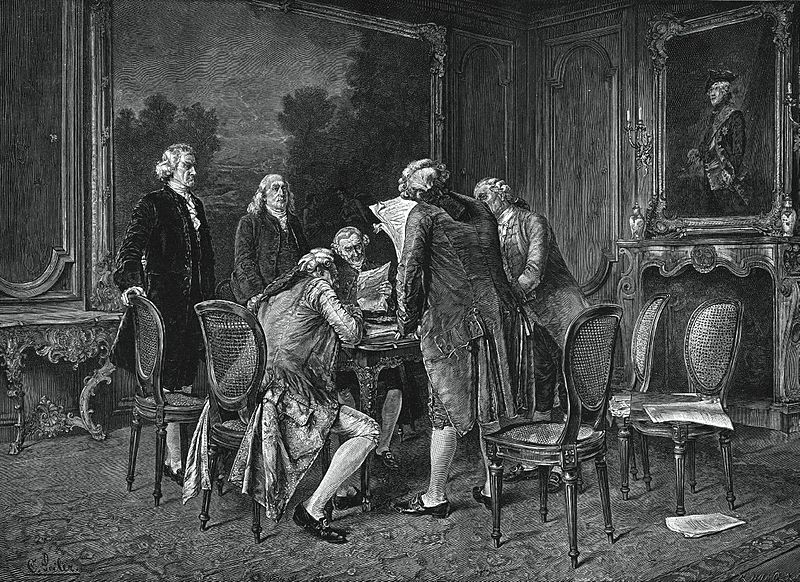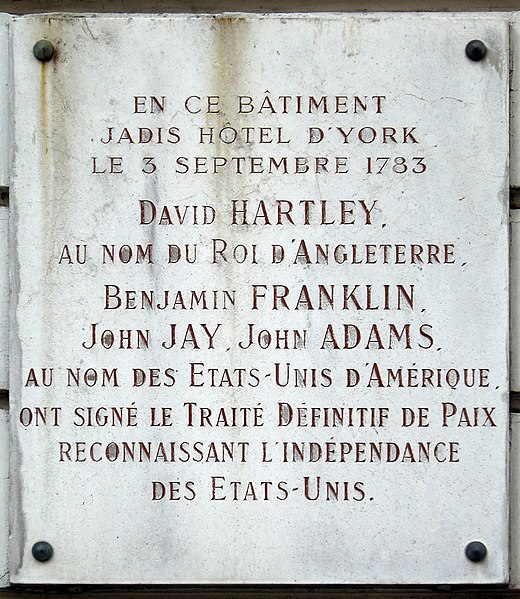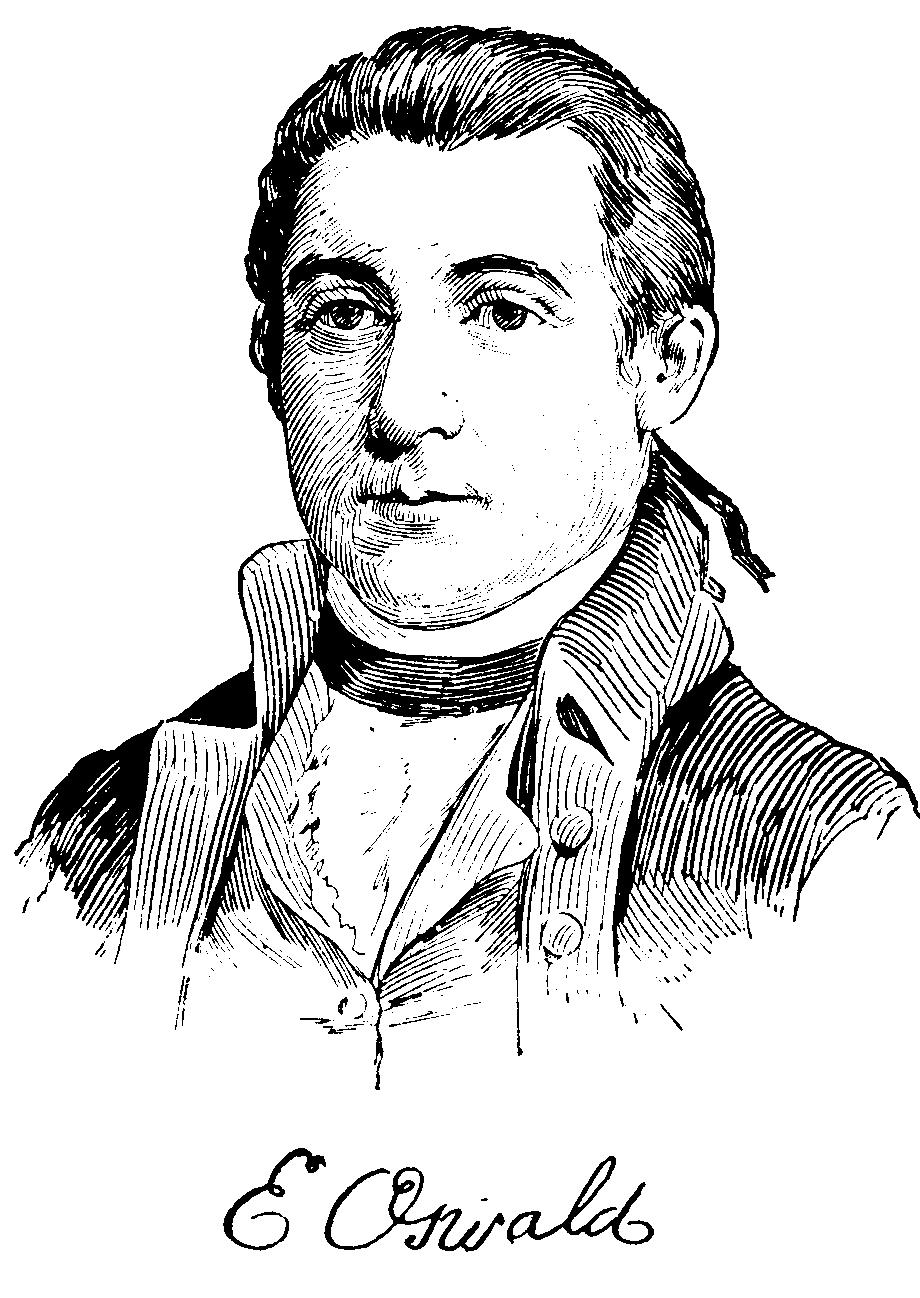
The American Revolution officially comes to an end when representatives of the United States, Great Britain, Spain and France sign the Treaty of Paris on this day in 1783. The signing signified America's status as a free nation, as Britain formally recognized the independence of its 13 former American colonies, and the boundaries of the new republic were agreed upon: Florida north to the Great Lakes and the Atlantic coast west to the Mississippi River.

The events leading up to the treaty stretched back to April 1775, on a common green in Lexington, Massachusetts, when American colonists answered King George III's refusal to grant them political and economic reform with armed revolution. On July 4, 1776, more than a year after the first volleys of the war were fired, the Second Continental Congress officially adopted the Declaration of Independence. Five difficult years later, in October 1781, British General Charles Lord Cornwallis surrendered to American and French forces at Yorktown, Virginia, bringing to an end the last major battle of the Revolution.

In September 1782, Benjamin Franklin, along with John Adams and John Jay, began official peace negotiations with the British. The Continental Congress had originally named a five-person committee--including Franklin, Adams and Jay, along with Thomas Jefferson and Henry Laurens--to handle the talks. However, both Jefferson and Laurens missed the sessions--Jefferson had travel delays and Laurens had been captured by the British and was being held in the Tower of London. The U.S. delegation, which was distrustful of the French, opted to negotiate separately with the British.



During the talks Franklin demanded that Britain hand over Canada to the United States. This did not come to pass, but America did gain enough new territory south of the Canadian border to double its size. The United States also successfully negotiated for important fishing rights in Canadian waters and agreed, among other things, not to prevent British creditors from attempting to recover debts owed to them. Two months later, the key details had been hammered out and on November 30, 1882, the United States and Britain signed the preliminary articles of the treaty. France signed its own preliminary peace agreement with Britain on January 20, 1783, and then in September of that year, the final treaty was signed by all three nations and Spain. The Treaty of Paris was ratified by the Continental Congress on January 14, 1884.

taken from: http://www.history.com/this-day-in-history [03.09.2013]

No comments:
Post a Comment